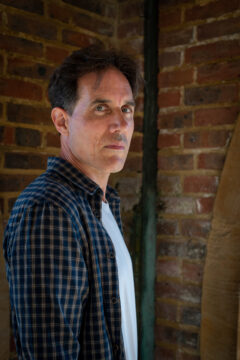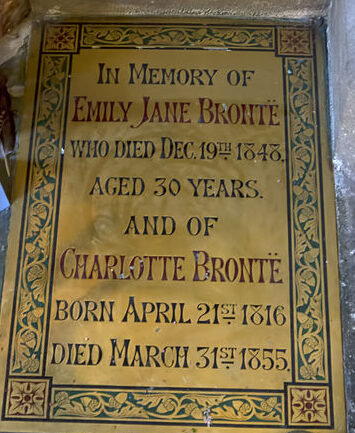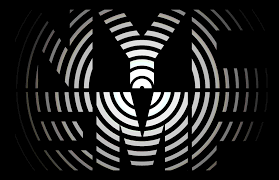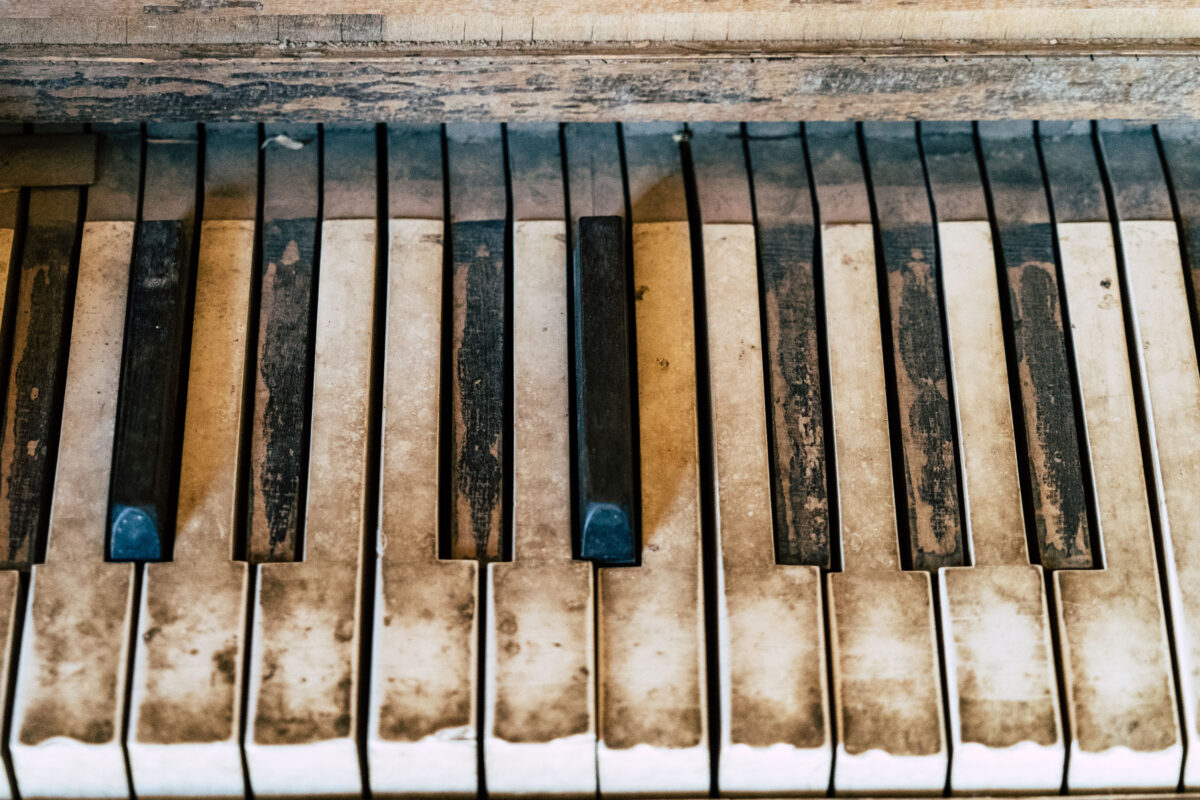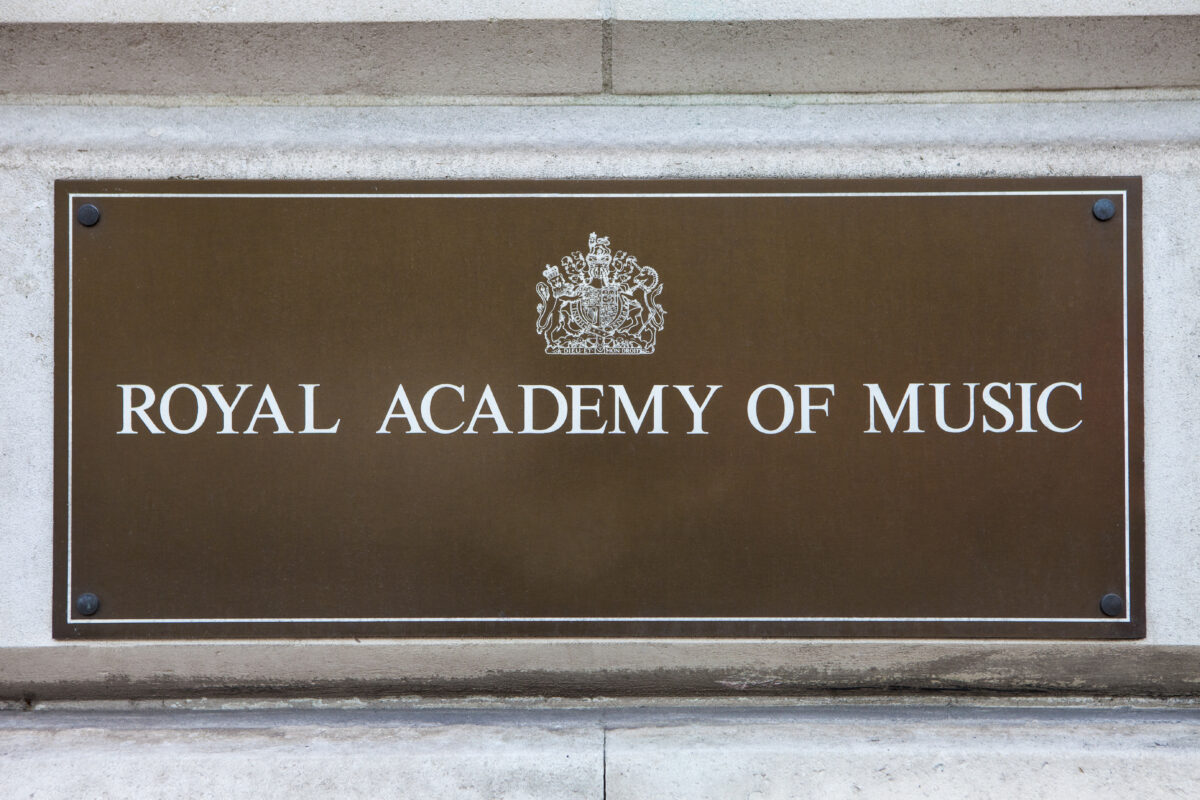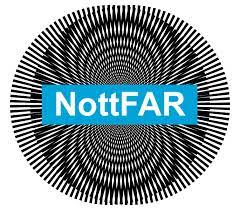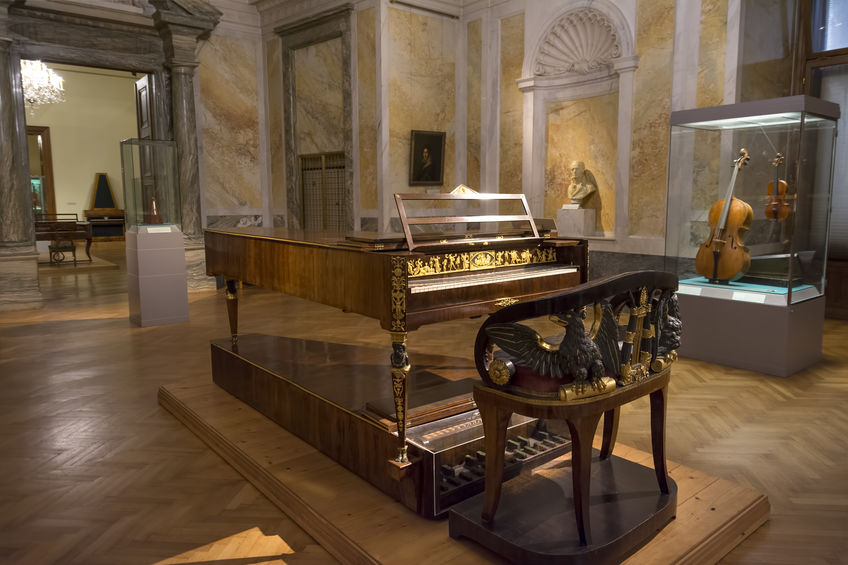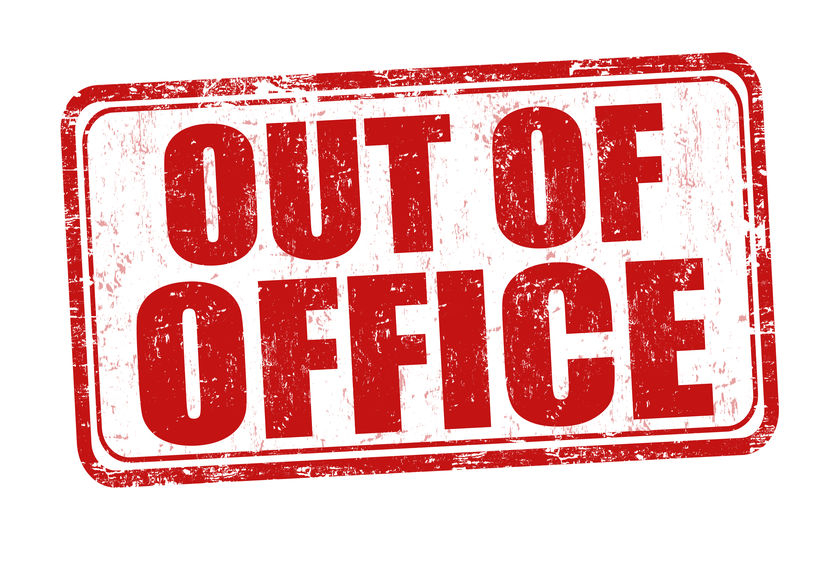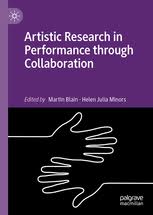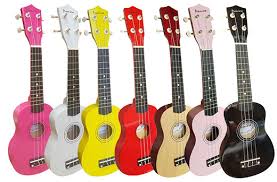Brontë Antiphons that I composed in the spring of 2020 is to receive its world premiere by the Elysian Singers at York Late Music in November 2021. This is one of very few pieces for choir I have composed but the commission arrived as I was planning a new undergraduate module on medieval music so I found myself steeped in the sound of the human voice for a good part of 2019. This proved an ideal way in to the new piece that actually consists of very few notes of my own, based as it is on two sources used very directly: a selection of antiphons for the start of Pentecost and music from David Power‘s setting of Emily Brontë’s No coward soul is mine. In fact, it was a condition of the commission that the new piece act as a companion to David’s and I have taken this one step further by enfolding his music into my own. The original performance was stymied by the coronavirus pandemic, as was so much live music, and I am incredibly grateful to the Elysian Singers and York Late Music for re-arranging the premiere, thus finally allowing my piece to see the light of day.
Brontë Antiphons at York Late Music
Brontë Antiphons that I composed in the spring of 2020 is to receive its world premiere by the Elysian Singers at York Late Music in November 2021.
